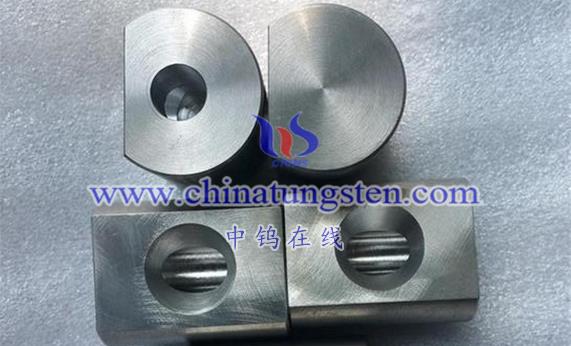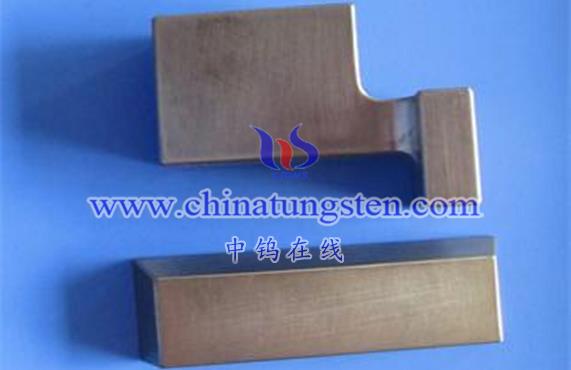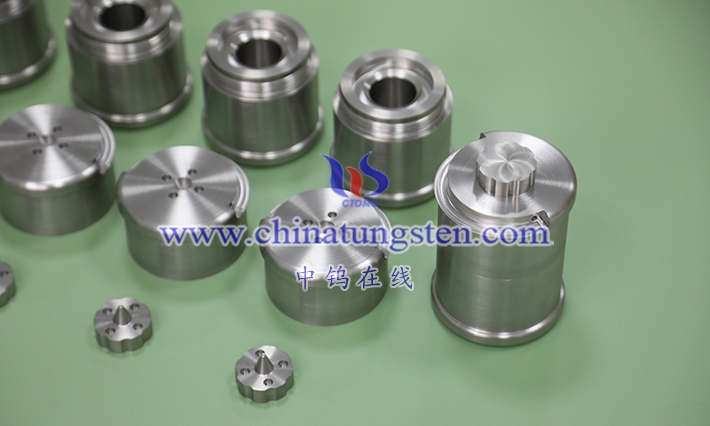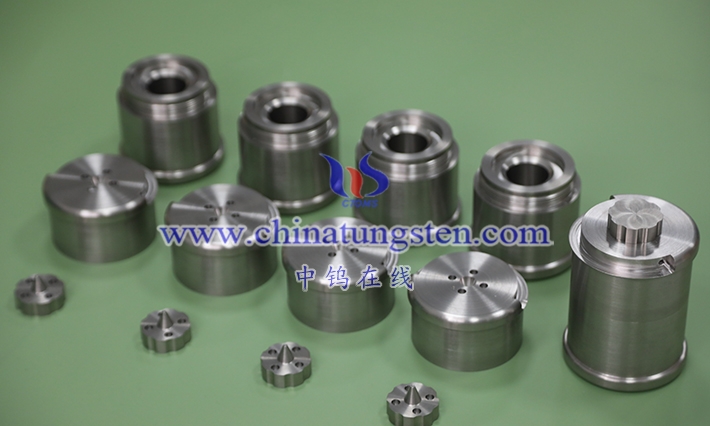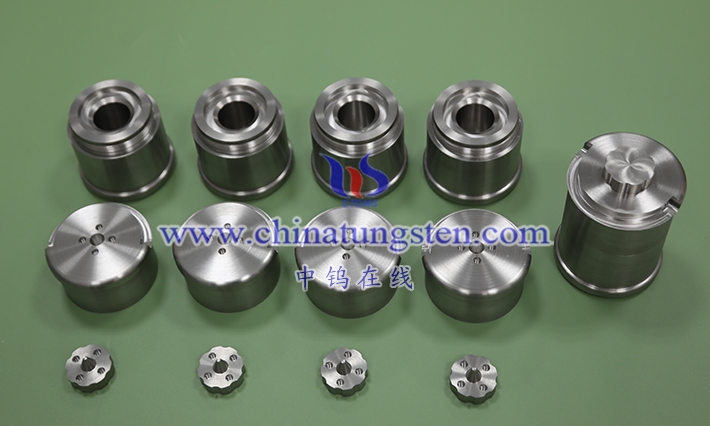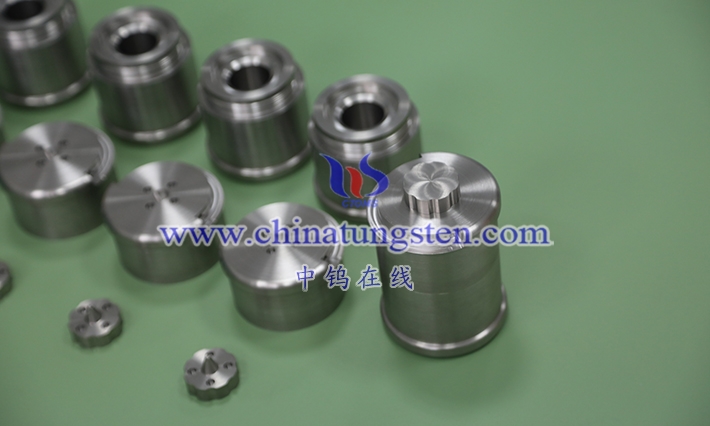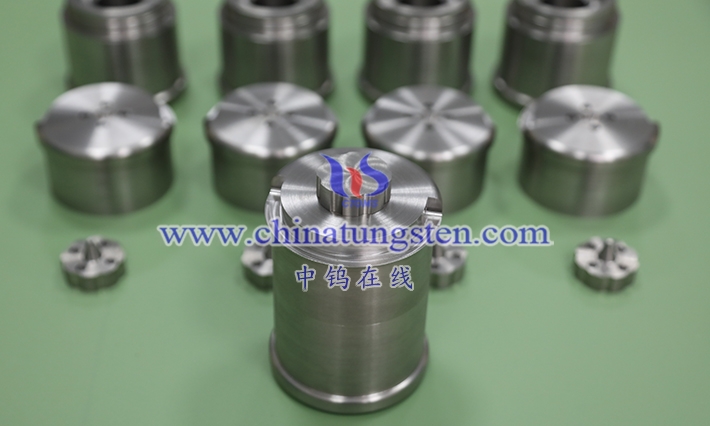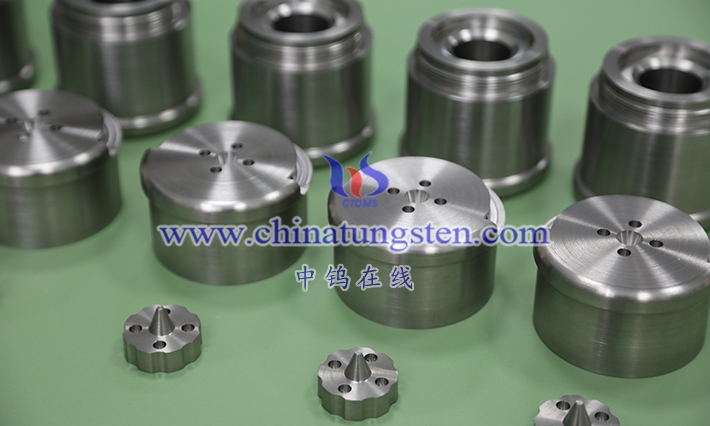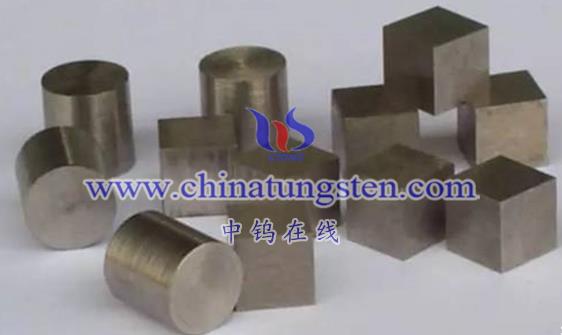
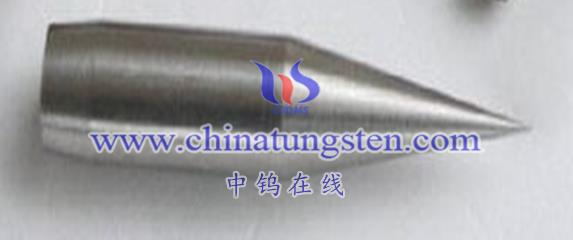
High-density tungsten alloys offer several advantages that make them popular in a variety of applications. The following are the main advantages of high-density tungsten alloy:
- High Density: High-density tungsten alloys are much denser than most other metals and alloys, making them ideal for increasing component mass and inertia. High density helps improve the material’s stability and performance.
- High hardness: High-density tungsten alloys usually have excellent hardness, similar to cemented carbide. This makes it perform well in cutting, abrasion and scraping applications, extending the life of the part.
- High strength: The alloy generally has good tensile strength and yield strength, which gives it excellent performance in high load and high pressure environments. It can withstand large mechanical stress without failure.
- High-temperature stability: High-density tungsten alloy can maintain its performance in high-temperature environments, and its melting point is very high, about 3,422 degrees Celsius (6,192 degrees Fahrenheit). This makes it excellent in applications such as high-temperature industrial, aerospace and high-temperature furnaces.
- Electrical conductivity: Although not as good as copper and other excellent conductors, high-density tungsten alloy still has good electrical conductivity, so it is used in the electronics industry for electronic contact materials and electronic electrodes.
- Thermal conductivity: High-density tungsten alloy still has good thermal conductivity at high temperatures and is suitable for high-temperature heat transfer applications, such as high-temperature furnaces and high-temperature heat transfer equipment.
- Corrosion resistance: This alloy generally has good resistance to chemical corrosion, which is very practical in the chemical industry and corrosion-resistant applications. It can be exposed to corrosive environments for extended periods of time without damage.
- Radiation shielding: Due to its high density, high-density tungsten alloy is used for radiation shielding to reduce the impact of radiation. This is very important in nuclear engineering and medical equipment.
- Stability: The performance of high-density tungsten alloy is relatively stable under many different environmental conditions, including high temperature, low temperature and radiation environment.
- Biocompatibility: High-density tungsten alloys generally exhibit good biocompatibility, which makes them useful in medical devices and biomedical applications. It does not cause adverse biological reactions.
- Machinability: Although it has high hardness, high-density tungsten alloy can still be manufactured into various shapes through special processing technology to meet specific needs.
- Magnetism: High-density tungsten alloys are generally non-magnetic, which is an important feature in certain applications, especially in scientific experiments and equipment that require non-magnetic materials.
These advantages make high-density tungsten alloys widely used in many fields, including aerospace, medical, nuclear engineering, high-temperature industry, electronics, chemical industry, petrochemical industry, power industry and high-temperature material processing. Selecting a high-density tungsten alloy depends on the needs and performance criteria of your specific application.
More details of tungsten alloy product, please visit website: http://tungsten-alloy.com/
Please contact CHINATUNGSTEN for inquiry and order of tungsten carbide:
Email: sales@chinatungsten.com
Tel.: 86 592 5129595
